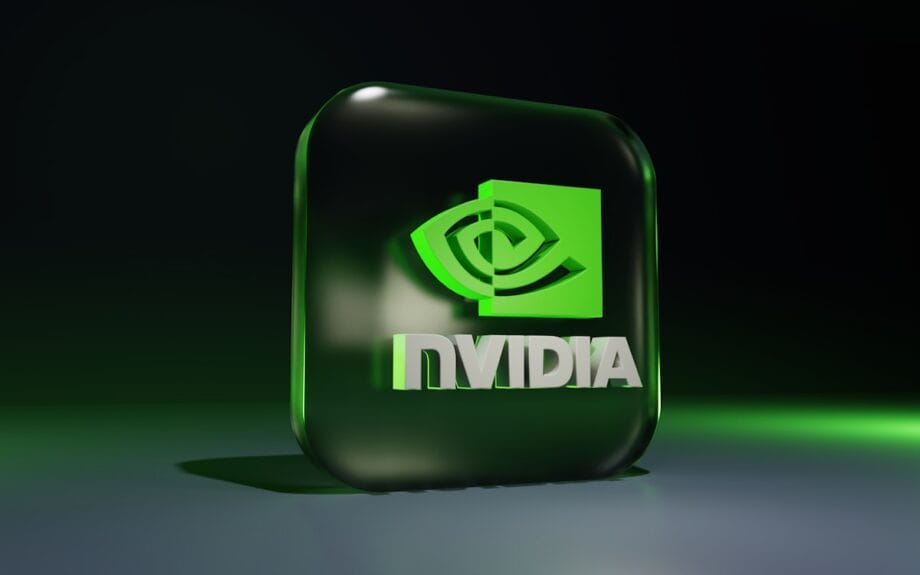Eight Leading U.S. Tech Giants Achieve Remarkable $420 Billion Gain in Three Days
The combined market capitalizations of eight premier technology corporations in the United States surged by an astonishing $420 billion over a mere three trading days, elevating their total worth to an impressive $21 trillion. Central to this momentum was Google, which emerged as a pivotal player amidst the excitement.
The considerable uptick was primarily instigated by a recent decision from U.S. District Judge Amit Mehta regarding Google’s antitrust litigation. Rather than imposing a breakup of the company or mandating the divestment of its Chrome browser, Mehta opted for a more measured approach, instructing Google to share its search data with competitors.
This verdict propelled Alphabet’s stock upward by 9% on Wednesday alone. Additionally, Apple observed a notable rise, buoyed by the ruling, which upheld its advantageous partnership with Google—an agreement wherein Alphabet compensates Apple billions to retain its status as the default search engine on iPhones.
Broadcom Secures OpenAI Partnership as Alphabet Dismisses EU Penalty
By the conclusion of the week, Alphabet’s stocks had increased by over 10%, while Apple gained 3.2%. The Nasdaq index climbed 1.1%. Analysts at Wedbush Securities remarked that the ruling effectively “lessened a significant overhang” on Google’s stock and alleviated apprehensions surrounding Apple.
Furthermore, they indicated that this ruling paves the way for a more substantial artificial intelligence collaboration between Apple and Google, particularly involving the Gemini model.
Since 2020, the Department of Justice has been scrutinizing Big Tech, with Google, Apple, Amazon, and Meta all encountering litigation regarding market dominance. A year prior, Google faced a significant defeat in a DOJ case, the ramifications of which were widely recognized as reminiscent of Microsoft’s antitrust challenges during the 1990s.
However, Judge Mehta’s ruling this week was milder than anticipated. He acknowledged how the emergence of generative AI has transformed the commercial landscape, with newcomers like OpenAI, Anthropic, and Perplexity engaging in competition that traditional search mechanisms had not facilitated. Mehta asserted that these AI advancements “could potentially serve as game changers.”
On Friday, Alphabet grappled with another legal setback, this time emanating from Europe. The European Union imposed a hefty €2.95 billion ($3.45 billion) fine on the company for anti-competitive practices within the advertising technology sector. Nevertheless, investor sentiment remained largely unaffected, with share prices holding firm.
While OpenAI’s influence on Google and Apple was somewhat indirect, it catalyzed a decisive impact on Broadcom’s stock. Following a robust earnings report on Thursday, CEO Hock Tan divulged to analysts that Broadcom had secured a $10 billion deal with a new client.

Several analysts identified OpenAI as the customer, corroborated by reports from Cryptopolitan and the Financial Times. Broadcom, already a supplier of bespoke AI chips to Google, Meta, and ByteDance (the parent company of TikTok), witnessed a 13% gain this week.
With a staggering 120% increase over the past year, Broadcom’s market capitalization now stands at approximately $1.6 trillion. Analysts at Barclays commended the company for “performing exceptionally well” and maintained their buy rating while elevating their price targets.
Nvidia and Microsoft Experience Decline; Tesla Recovers Following Musk Compensation Plan
In contrast to these gains, Nvidia witnessed a 4% decline, marking its fourth consecutive weekly drop. While no clear rationale exists for this downturn, it has not thwarted Nvidia from retaining its status as the world’s most valuable firm, with a valuation exceeding $4 trillion. The stock has appreciated by 56% over the past year.

Microsoft’s shares also dipped this week, continuing a troubling five-week losing streak. Although the company’s stock remains up 21% year-on-year, the recent performance has been largely lackluster.
Tesla, which had faced significant hurdles this year with a 13% share decline, saw a revival this week. Despite enduring dwindling sales over multiple quarters and increased competition from budget electric vehicles produced in China, the company’s aging electric vehicle lineup compounded these challenges.
However, shares surged by 5% this week, propelled largely by Friday’s announcement of a potential reinstatement of an expansive compensation plan for CEO Elon Musk. This ambitious plan, potentially worth up to $1 trillion, consists of twelve stages of payouts.
The initiation of the first stage requires Tesla’s market value to nearly double, achieving a $2 trillion capitalization.
Chairwoman Robyn Denholm articulated in an interview with CNBC’s Andrew Ross Sorkin that the intention behind the plan is to ensure Musk remains “motivated and focused on delivering for the company,” reaffirming his status as the world’s richest individual.
As these developments unravel, the eight trillion-dollar technology giants collectively account for 36% of the S&P 500. As Howard Silverblatt, senior index analyst at S&P Dow Jones Indices, remarked: “There are no comparisons.”
Source link: Cryptorank.io.






